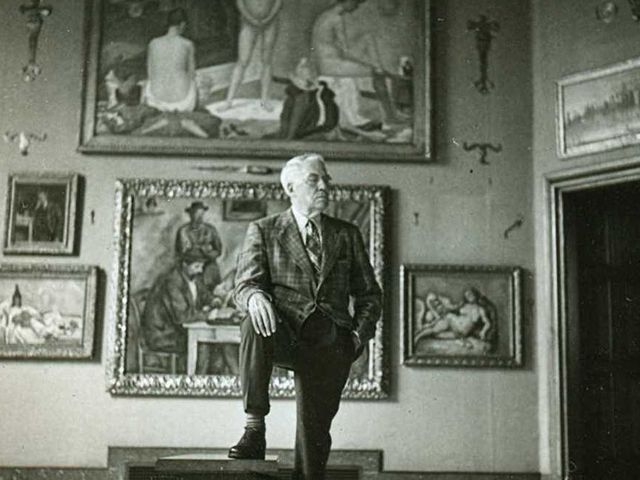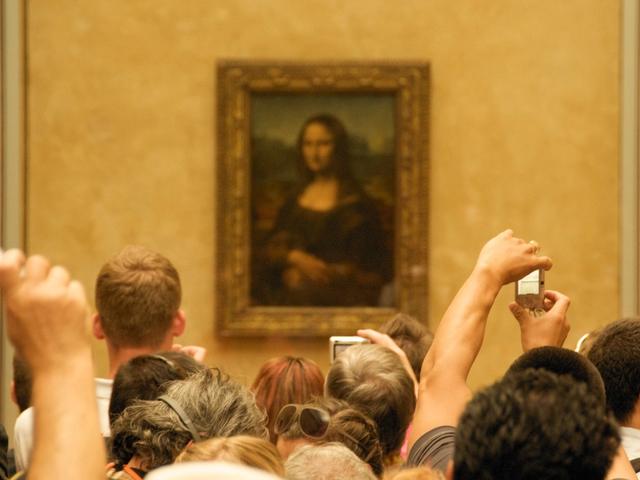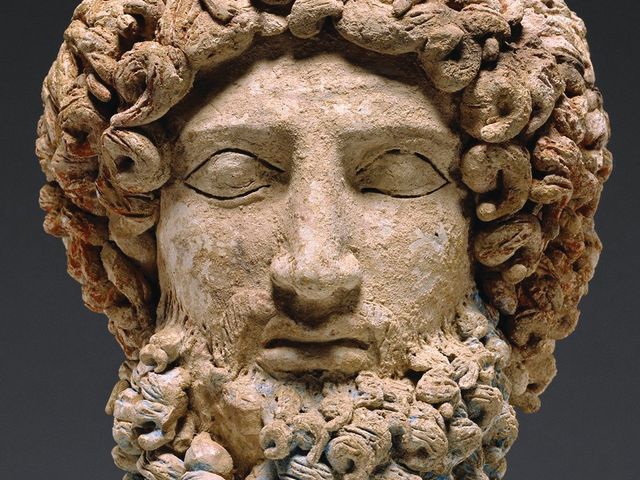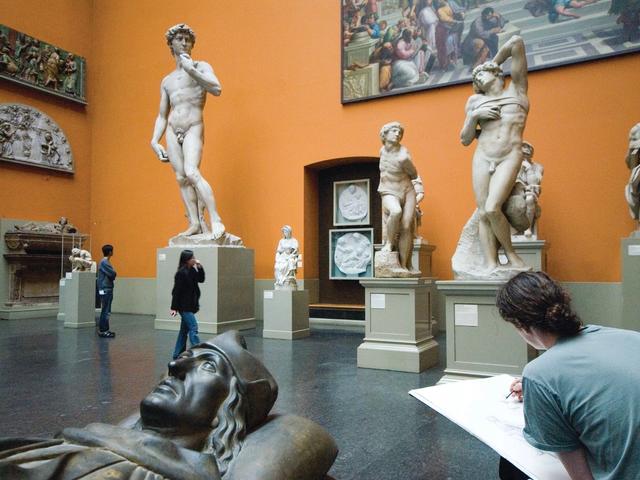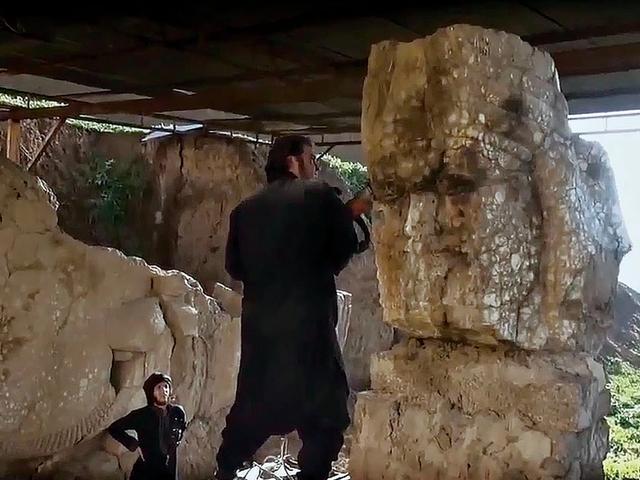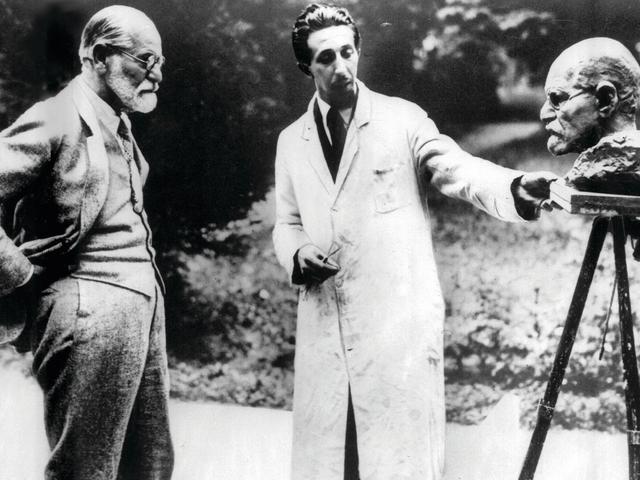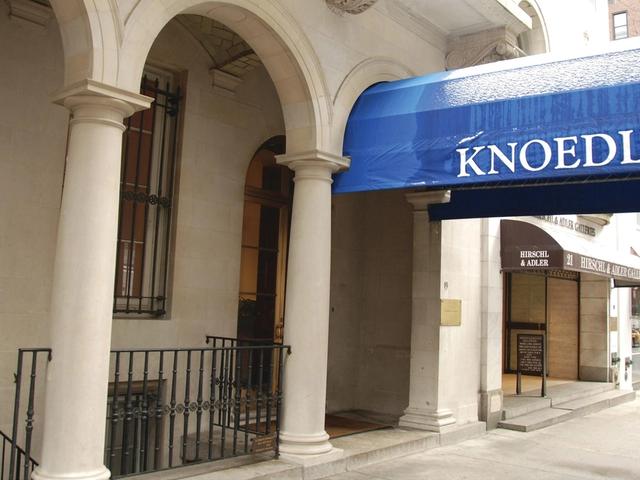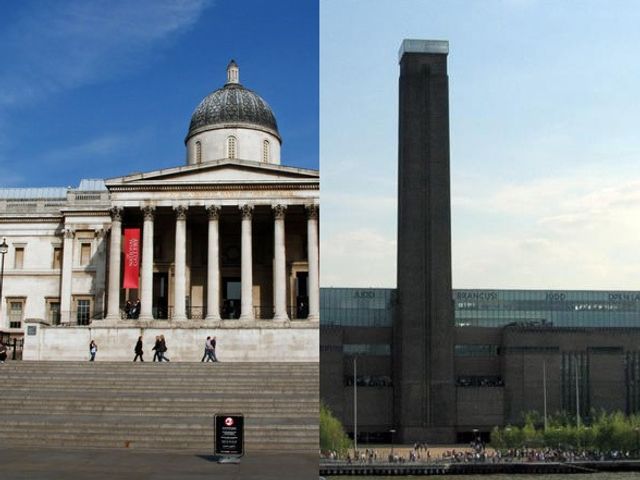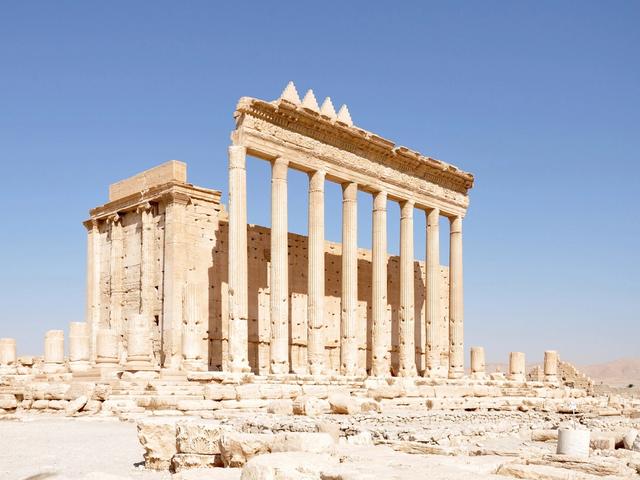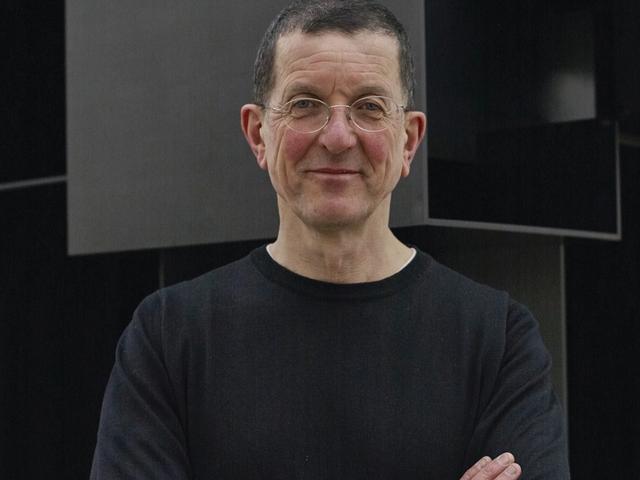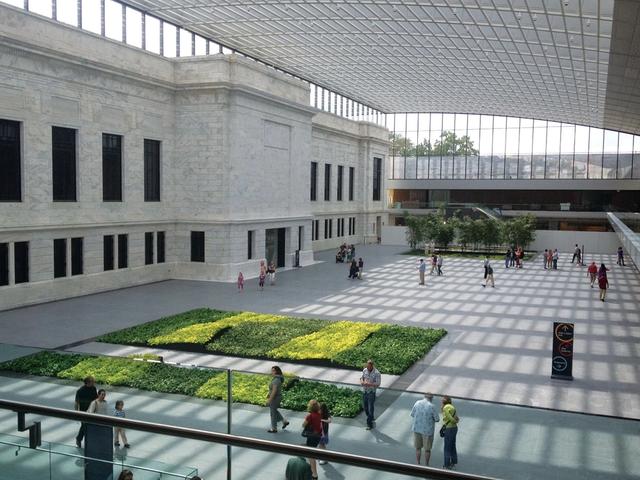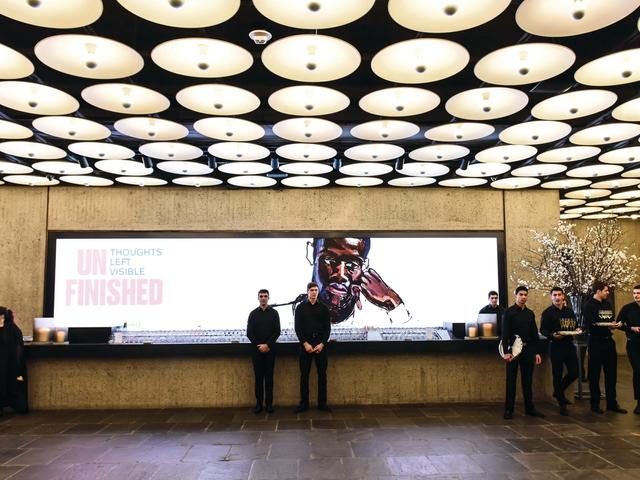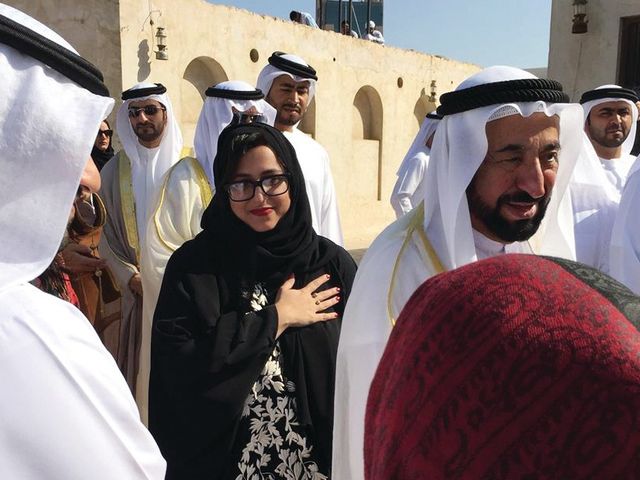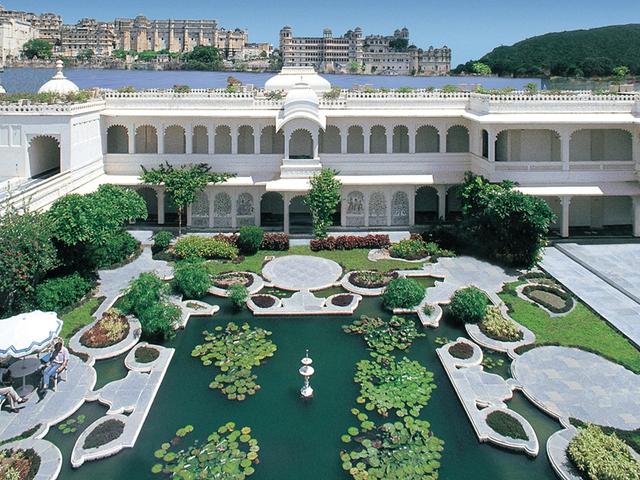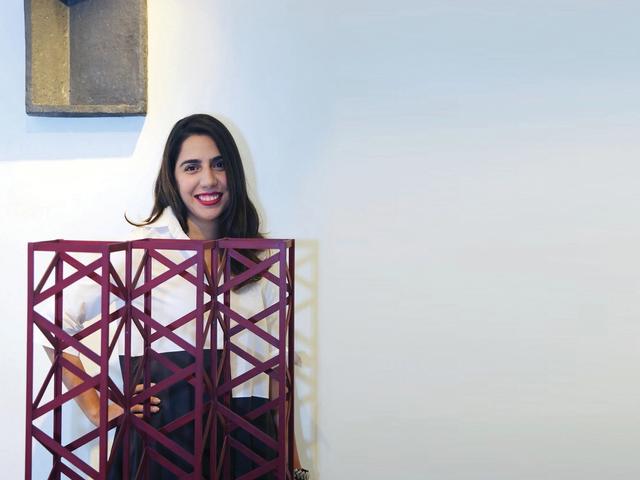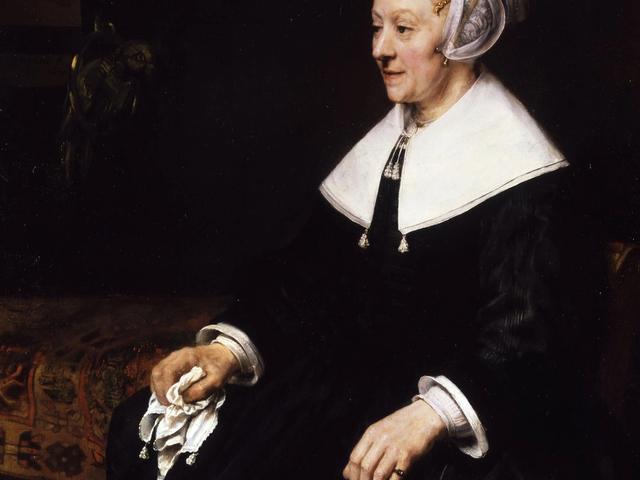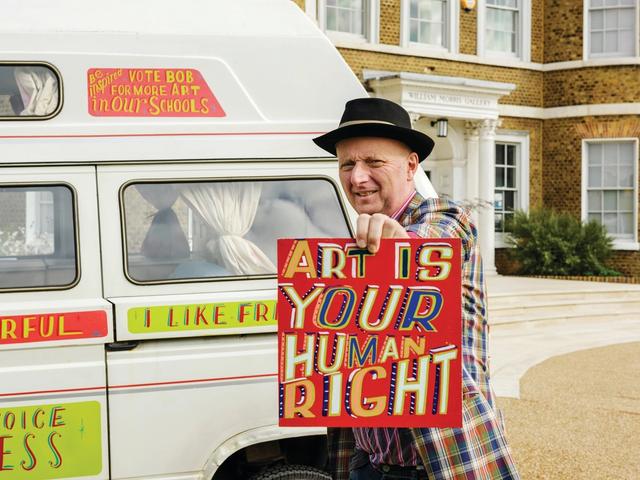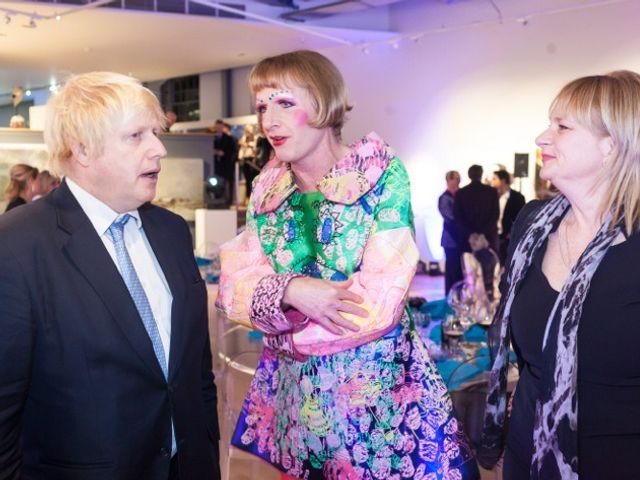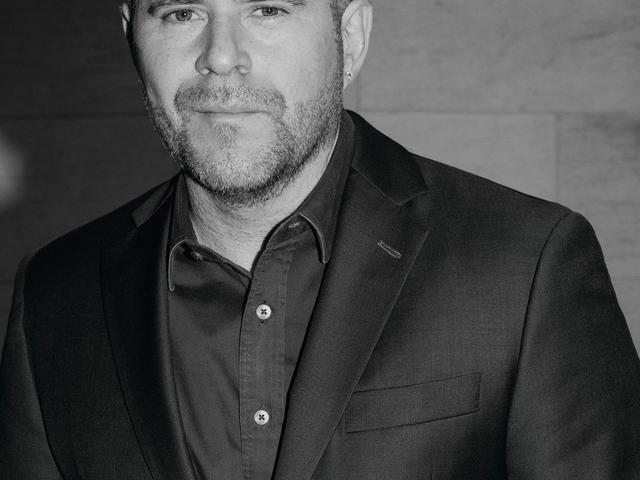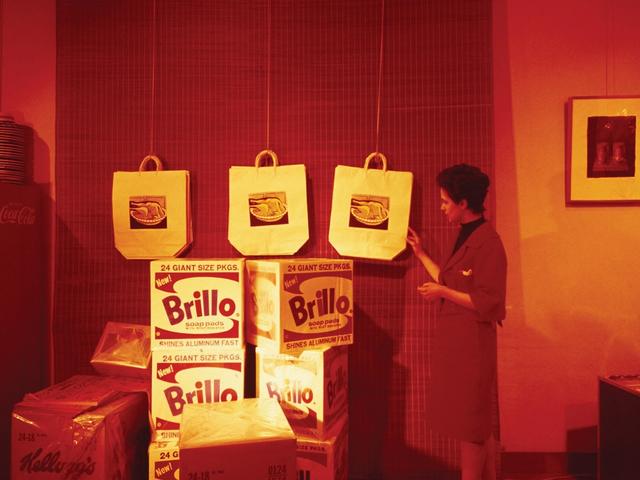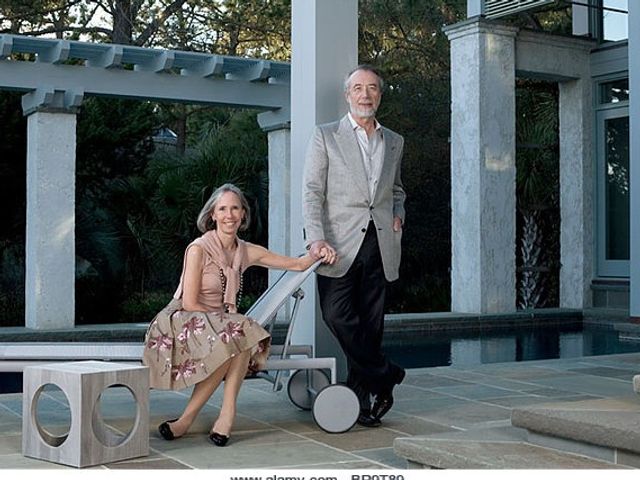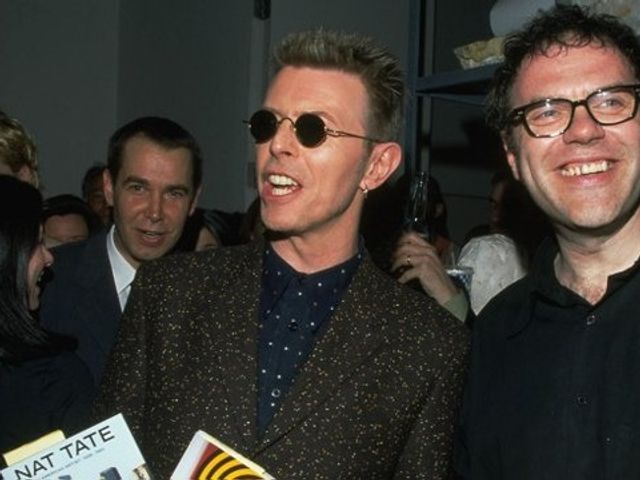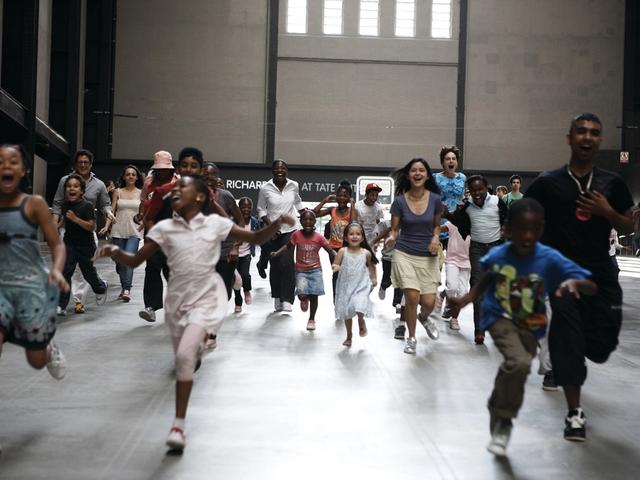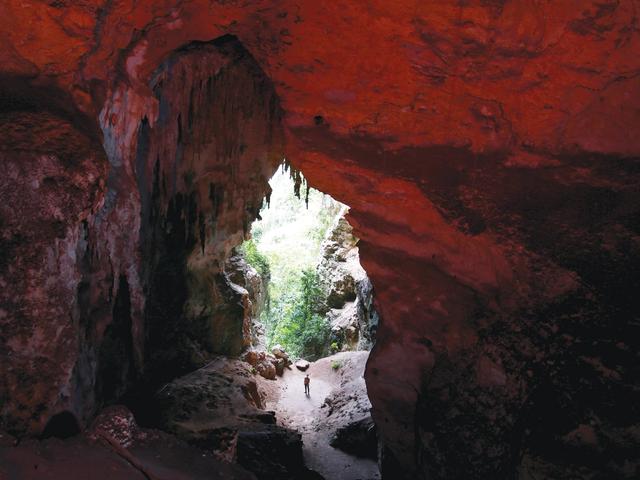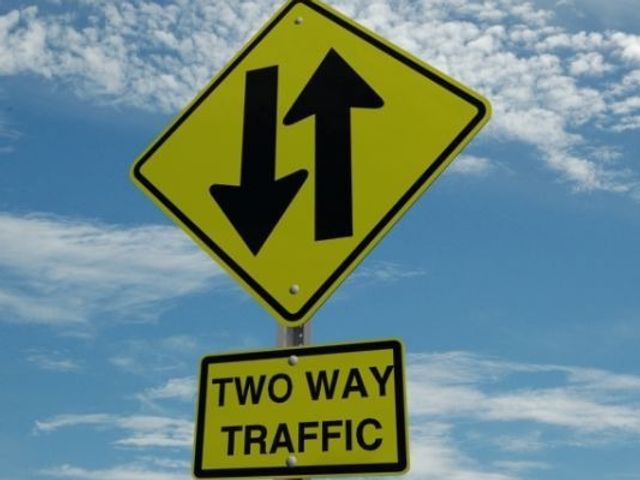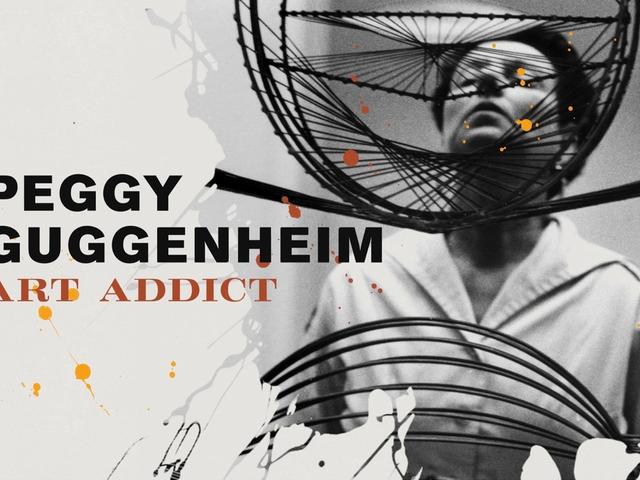Comment
What is art for? Taking risks and looking for ‘essential value’
The hedge fund manager and art collector J. Tomilson “Tom” Hill III explains why a work’s staying power is more important than its market price
What is art for? Science shows it’s in the eye—and brain—of the beholder
The Nobel Prize-winning neuro-psychiatrist Eric Kandel explains what happens when we look at art
Furious response to V&A ban on sketching in some exhibitions
A necessary restriction or a betrayal of everything the museum stands for?
Isil rampage: a threat to cultural heritage that belongs to all
James Cuno, the president of the Getty Trust, says the world must find ways to intervene and protect antiquities when nation-states cannot do so <br>
Location, location, location: the real estate lessons to be learned from Ace Gallery’s bankruptcy
How Los Angeles dealer Douglas Chrismas leveraged his property to attract artists, reassure clients, and generate income—even while facing financial disaster
Further exploration at Herculaneum could ‘stagger the imagination’
But some archaeologists argue for conserving what is already uncovered
Sigmund Freud: snubbed by science, embraced by art
The father of psychoanalysis may have fallen from favour in his own field, but today’s artists remain fascinated by his work, 160 years after his birth. Two academics and an artist explain why
The strange and illogical development of England's national art museums
As the Tate and National Gallery consider the limits of their collections, Giles Waterfield on the latest in a 200-year wrangle between institutions <br>
We should consider a Millennial Society to protect the past
In seeking to carve out our own architectural identity, we are in danger of destroying the precious work of previous generations
The lessons of Palmyra: Islamic state and iconoclasm in the era of clickbait
Anyone with a Facebook profile should consider the images of destruction they share on social media
Will China’s art market go the way of Japan’s?
Despite some similarities between the two, a broader collector base and stronger political will should help China ride out its storm
Expanded horizons: looking beyond building projects
New buildings grab attention, but they are not always the best way of increasing a museum’s influence and audiences
The Met gets a second chance to get contemporary art right
After 75 years of fumbling, the New York museum can use the Breuer building to play to its strengths and explore art-making across time
Sharjah discusses meaning of art in the time of Isil and Hezbollah
Anna Somers Cocks attended the annual March Meeting and found it did not shy away from the pain, extremism and corruption of the world today
Lighten the bureaucracy so India’s heritage can flourish
Its rich store of treasures deserves better, and that requires unburdening private collectors and welcoming in business
In the beginning: women kickstart South Asia scene
Female artists, collectors, curators and philanthropists are playing a leading role in developing the arts scene in South Asia
What is the government’s new plan for the future of the arts?
A forthcoming White Paper aims to set out the most far-reaching strategy for 50 years
Ten questions gallerists should be asking themselves now
Is gallery space still worth paying rent for or will Instagram replace it all? Art Basel director Marc Spiegler gives us the answers
Knoedler fakes trial could be a game-changer for the art market
It should provide guidance on who is responsible when forgeries are sold
Matthew Collings on his heady days with David Bowie
The superstar art lover backed the British critic's first forays into book publishing
The 21st-century Tate is a commonwealth of ideas
Museums must widen the ways in which they serve their audiences to reflect new forms of social interaction
The artists who flopped (and triumphed) in 2015
Who was hot and who was not this year, featuring Anish Kapoor, Rachel Rose and Chris Ofili
Kenny Schachter on Peggy Guggenheim’s one-woman fight to champion artists
In her lifetime, the art collector’s personal reputation was shredded, but, as Lisa Vreeland’s film shows, her influence on the art world was astonishing


